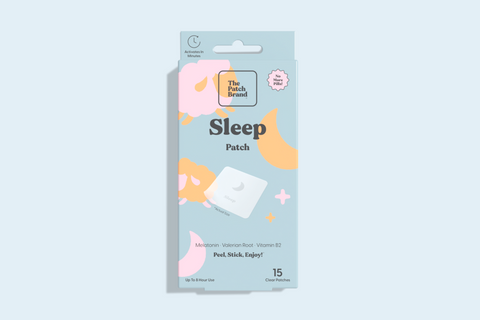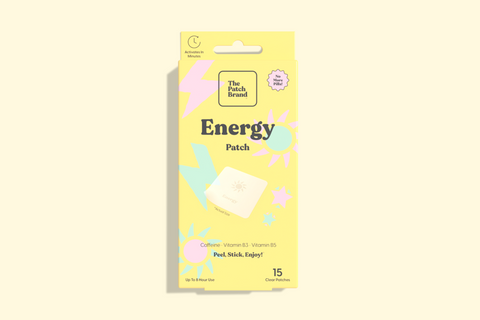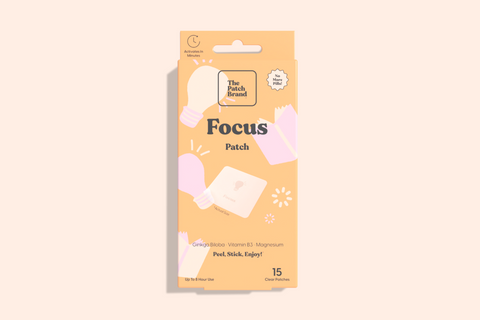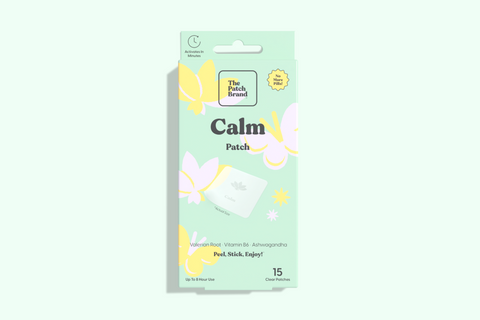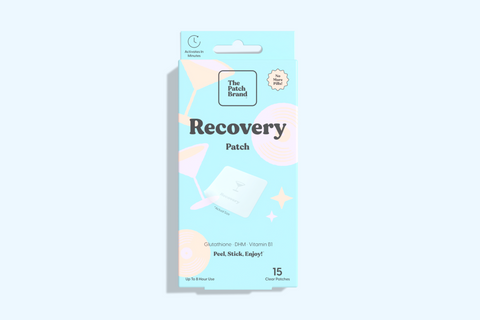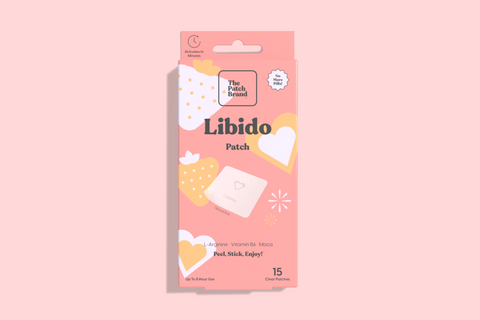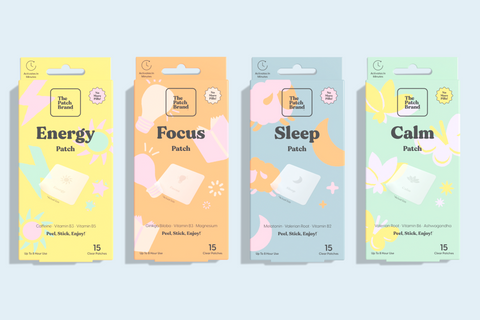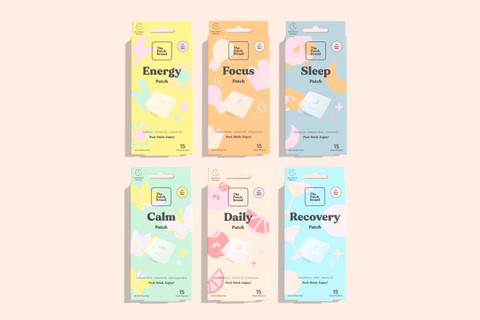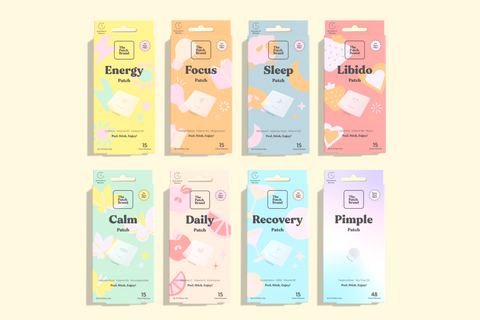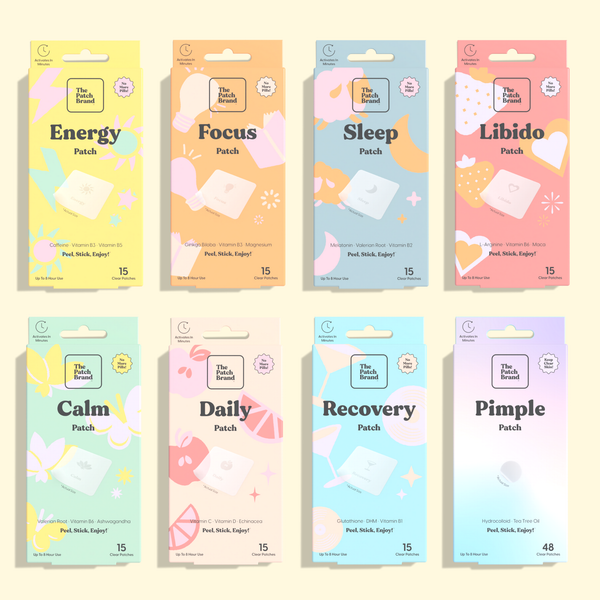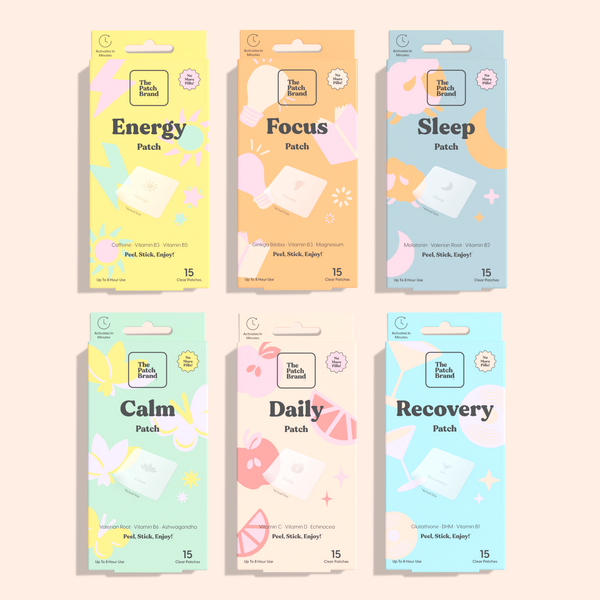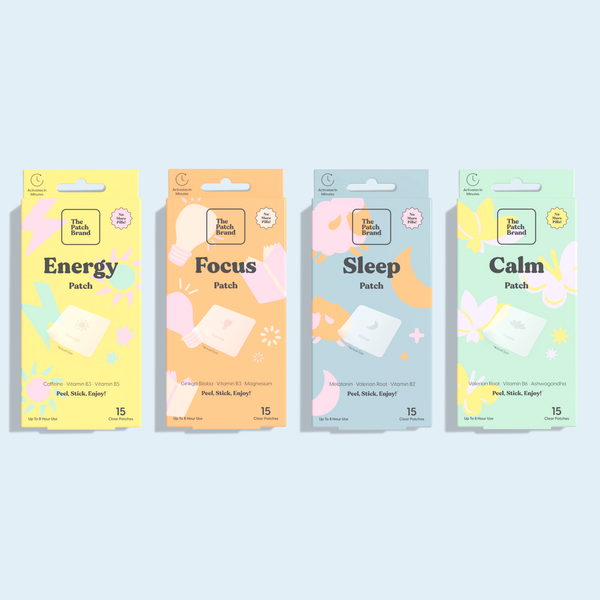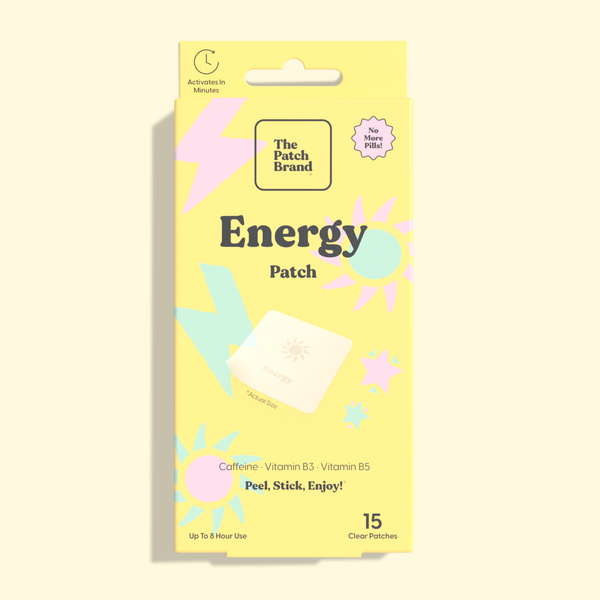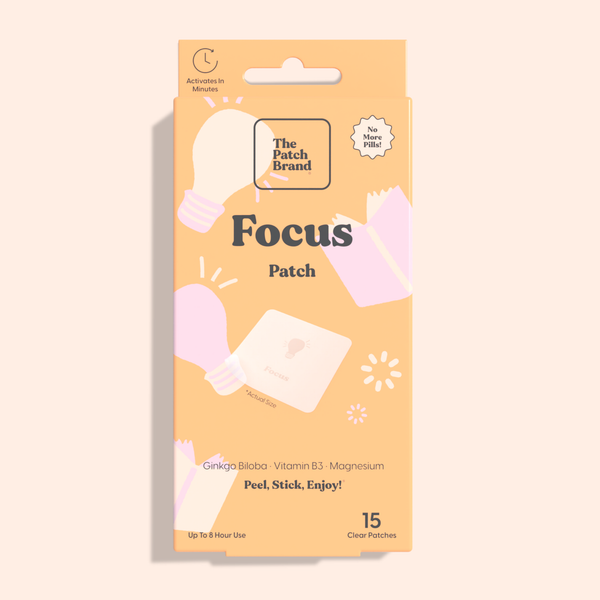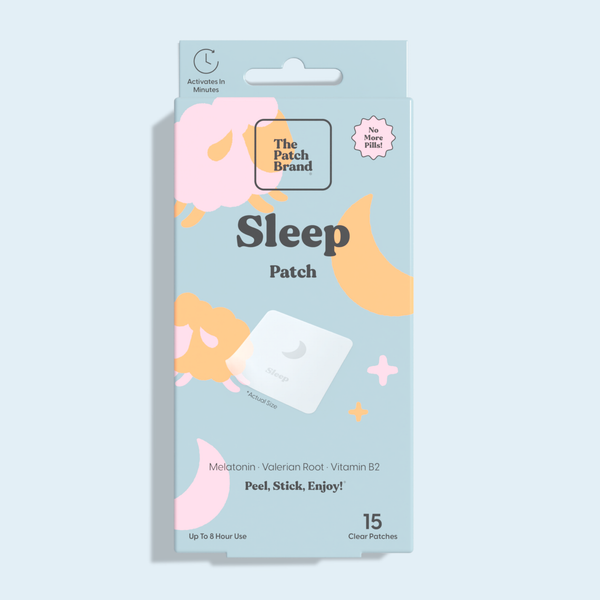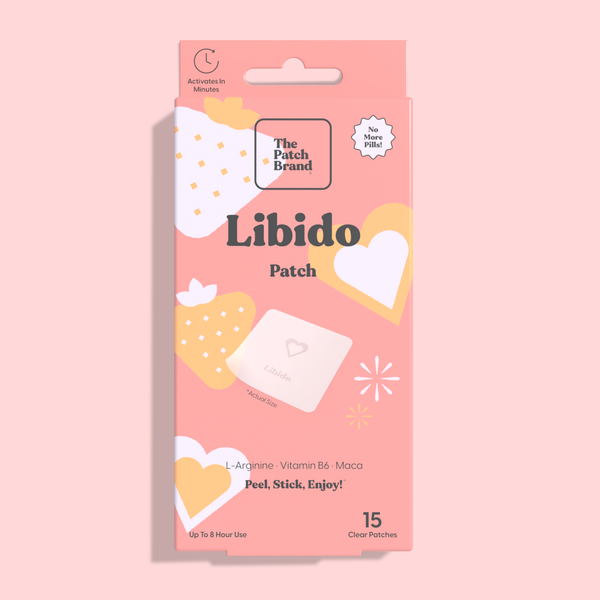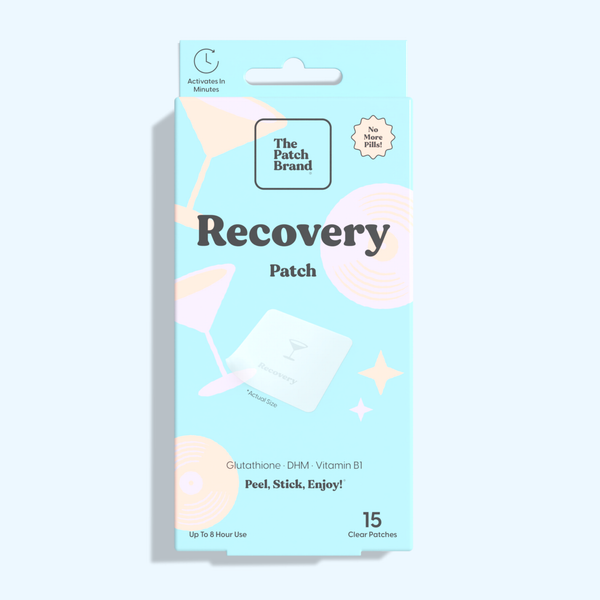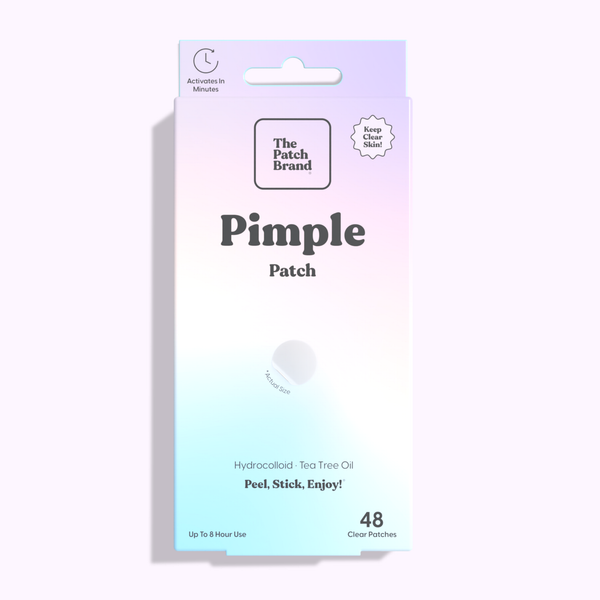Maintaining energy levels throughout the day can be a challenge, especially when dealing with stress, a busy schedule, or a lack of sleep. Many people turn to energy drinks or supplements to boost their energy, but did you know that certain vitamins can also play a crucial role in maintaining energy levels? In this article, we will explore the different
vitamins that can boost energy levels and how to incorporate them into your daily routine.
Vitamin B Complex
Vitamin B Complex is a group of eight essential B
vitamins that are crucial for energy production. These vitamins play a key role in converting food into energy and also help regulate the metabolism. Each B vitamin has its unique benefits, but together they work to keep your body running at its best. Here is an expanded overview of the daily recommendations for most adults:
-
Thiamine (Vitamin B1): 1.3-1.7 mg/day: Thiamine is crucial for energy metabolism and nerve function. Adults generally need between 1.3 and 1.7 mg per day. A thiamine deficiency can lead to disorders like beriberi and Wernicke-Korsakoff syndrome, highlighting the importance of maintaining adequate levels through diet or supplements. Common sources of thiamine include whole grains, pork, and legumes.
-
Riboflavin (Vitamin B2): 1.1-1.3 mg/day: Riboflavin is essential for energy production and cellular function, growth, and development. Adults should aim for 1.1 to 1.3 mg daily. It helps in the breakdown of carbohydrates, proteins, and fats. Inadequate riboflavin intake can cause skin disorders and anemia. It is found in foods like milk, eggs, nuts, and green vegetables.
-
Niacin (Vitamin B3): 14-16 mg/day: Niacin supports the function of the digestive system, skin, and nerves, and is also important for converting food to energy. The recommended intake is 14 to 16 mg per day for adults. Niacin deficiency leads to pellagra, characterized by diarrhea, dermatitis, and dementia. Rich sources include chicken, beef, tuna, and lentils.
-
Pantothenic Acid (Vitamin B5): 5-7 mg/day: Pantothenic acid is vital for the synthesis of coenzyme A (CoA), important for fatty acid synthesis. Adults need between 5 and 7 mg daily. This vitamin is also crucial for hormonal and cholesterol management. Foods rich in pantothenic acid include avocados, yogurt, and sweet potatoes.
-
Pyridoxine (Vitamin B6): 1.3-1.5 mg/day: Pyridoxine is involved in protein metabolism, cognitive development, and immune function. Adults should consume 1.3 to 1.5 mg daily. Deficiencies may lead to anemia and peripheral neuropathy. Chicken, turkey, and bananas are good sources of pyridoxine.
-
Biotin (Vitamin B7): 30-35 mcg/day: Biotin plays a key role in the metabolism of fats and carbohydrates, influencing skin health and hair growth. The daily recommendation is between 30 and 35 mcg. It is often added to hair and skin products, but dietary sources like eggs and almonds are also beneficial.
-
Folate (Vitamin B9): 400 mcg/day: Folate is crucial for DNA synthesis and repair, and it plays a significant role in cell division and growth, making it especially important during pregnancy. Adults need about 400 mcg per day. Folate deficiency is linked to birth defects and various health issues. Leafy greens, citrus fruits, and beans are excellent sources.
-
Cobalamin (Vitamin B12): 2.4 mcg/day: Cobalamin is essential for neurological function and the production of blood and DNA. Adults require 2.4 mcg daily. It is found only in animal products, making supplementation necessary for vegetarians and vegans. Deficiency can result in anemia and neurological issues.
Maintaining the right levels of each component of the Vitamin B Complex is crucial for overall health. By ensuring that these vitamins are consumed in adequate amounts, either through a well-balanced diet or supplements, individuals can support their body’s needs effectively.
Vitamin C
As a water-soluble vitamin, it is crucial for synthesizing collagen, an essential protein required for the maintenance and repair of tissues throughout the body, including skin, bones, and blood vessels. This function underscores its importance in wound healing and structural support. Additionally, Vitamin C facilitates the formation of red blood cells and aids in the absorption of iron from plant-based foods, enhancing its bioavailability and preventing iron deficiency disorders such as anemia. As an antioxidant, Vitamin C scavenges harmful free radicals, substances that can cause oxidative stress leading to cell damage and contributing to the development of chronic diseases such as cancer and heart disease. It also plays a significant role in the synthesis of certain neurotransmitters and hormones, including serotonin and norepinephrine, which are vital for mood regulation and stress response.
The body’s requirement for Vitamin C varies according to different life stages and conditions. For most adults, the recommended daily intake ranges from 75 mg for women to 90 mg for men, with increased demands during pregnancy and lactation, where the recommendation rises to 85 mg and 120 mg respectively. These values aim to cover the needs of about 97-98% of the population. Children and adolescents have lower requirements, which gradually increase with age. Smokers and individuals exposed to secondhand smoke may require higher levels of Vitamin C to counteract the oxidative stress caused by tobacco toxins. Elderly individuals might also benefit from increased intake to support immune function and mitigate the risk of age-related diseases.
Citrus fruits like oranges, lemons, and grapefruits are well-known sources, but there are many other fruits and vegetables rich in Vitamin C. For instance, strawberries, kiwi fruit, and pineapples offer substantial amounts, as do papayas, which are particularly high in this vitamin. Vegetables such as bell peppers, particularly the red variety, broccoli, Brussels sprouts, and leafy greens like spinach and kale, are also excellent sources. Since Vitamin C is heat-sensitive, consuming these foods raw or lightly cooked is preferable to preserve their nutrient content.
Vitamin D
Vitamin D, often referred to as the "sunshine vitamin," is crucial for several fundamental bodily functions. This fat-soluble vitamin facilitates the absorption of calcium and phosphorus, two minerals essential for maintaining bone health. By promoting calcium absorption, Vitamin D helps form and maintain strong bones, thereby preventing osteoporosis and fractures in older adults. It also plays a vital role in muscle function, which can reduce the risk of falls, particularly among the elderly. Beyond its skeletal benefits, Vitamin D is instrumental in cell growth modulation, neuromuscular function, and inflammation reduction. Interestingly, it has a significant role in the regulation of the immune system, helping to modulate the body's immune responses and protect against infections by enhancing the pathogen-fighting effects of monocytes and macrophages, white blood cells that are crucial components of immune defense.

Adults typically require 600-800 International Units (IU) per day, with higher needs for those over 70 years old, who need about 800-1000 IU to maintain bone health and muscular function. However, dietary sources alone are often insufficient to meet these needs. Fatty fish like salmon, mackerel, and sardines are among the best natural sources. Smaller amounts can be found in egg yolks and beef liver. Certain mushrooms also offer Vitamin D, especially when exposed to ultraviolet light.
The synthesis of Vitamin D in the skin through sunlight exposure is a critical natural source, yet it varies significantly with geographic location, skin pigmentation, time of day, and season. People with darker skin have more melanin, which reduces the skin's ability to produce Vitamin D from sunlight. Additionally, sunscreen, while essential for protecting against skin cancer, also significantly decreases Vitamin D synthesis. Given these variables, supplements become necessary for many individuals, especially those in higher latitudes, the elderly, and those with conditions that limit fat absorption.
Vitamin E
Vitamin E, identified chemically as tocopherol, is an essential fat-soluble nutrient that plays a pivotal role as an antioxidant. This vitamin primarily protects cells from oxidative damage by neutralizing free radicals, which are unstable molecules that can cause significant harm to cellular components like DNA, proteins, and lipids. The protective role of Vitamin E is particularly critical for the skin and eyes, organs that are frequently exposed to environmental stressors that can hasten oxidative damage. Additionally, Vitamin E is involved in enhancing immune function by supporting cellular signaling and maintaining the integrity of cellular membranes, particularly those of the immune cells. Beyond its antioxidant and immune-boosting functions, Vitamin E also assists in the enzymatic activities necessary for healthy neurological function and prevents the oxidation of low-density lipoprotein (LDL) cholesterol, potentially reducing the risk of heart disease.
Dietary sources rich in Vitamin E are diverse, allowing for varied ways to incorporate this vital nutrient into a regular diet. Nuts and seeds, such as almonds, hazelnuts, and sunflower seeds, are among the most potent sources, combining high Vitamin E content with other beneficial fats and nutrients. Leafy green vegetables like spinach and broccoli also provide good amounts, alongside other antioxidants and essential minerals. Vegetable oils, particularly wheat germ, sunflower, and safflower oils, are other notable sources. For individuals struggling to achieve adequate intake through diet alone, Vitamin E energy supplements are available, though it's advisable to consult healthcare providers before beginning supplementation to ensure appropriate dosages and avoid excessive intake, which could disrupt vitamin K function and blood clotting mechanisms.
Energy Patches
Energy patches represent a novel approach to enhancing vitality and managing fatigue, using advanced delivery systems to provide sustained energy vitamins throughout the day. Here’s a look at their benefits:
-
Transdermal Delivery: Energy patches use a transdermal system, which involves applying a patch directly onto the skin. This method delivers vitamins and energizing nutrients straight into the bloodstream, effectively bypassing the digestive system. The advantage of this approach is significantly enhanced absorption compared to oral supplements. This can be particularly beneficial for individuals who have digestive issues or who absorb nutrients poorly due to medical conditions. Furthermore, this direct delivery system ensures that the nutrients are more readily available to the body, providing a quicker response in energy levels.
-
Efficient Nutrient Absorption: The direct-to-bloodstream approach of energy vitamin patches allows for efficient nutrient absorption. By circumventing the digestive system, these patches avoid the breakdown and loss of potency that can occur with oral supplements. This efficiency means that the body can utilize almost all of the nutrients delivered by the patch, enhancing the overall effectiveness in boosting energy levels. This method is especially advantageous for nutrients that are sensitive to degradation in the stomach or intestine or for those that are typically difficult to absorb.
-
Convenience: One of the standout features of energy patches is their convenience. They are designed for ease of use, with no need to swallow pills or measure out doses. Users can simply apply a patch to a clean area of skin, such as the forearm or shoulder, and go about their day. This ease of use makes energy patches a practical choice for busy individuals, travelers, or those who often forget to take traditional supplements. They can be easily integrated into any lifestyle, offering a discreet and simple way to maintain energy levels throughout the day.
Energy patches provide a discreet, efficient, and effective way to enhance daily energy. Their cutting-edge transdermal technology ensures that nutrients are delivered directly into the bloodstream, offering quicker and more complete absorption than traditional oral supplements. This innovative approach to nutritional supplementation is especially suited for those seeking a convenient alternative to pills and powders, allowing for seamless integration into daily routines while supporting optimal energy levels.
Typically, energy patches include a mixture of Vitamin B Complex, vital for energy production and cellular metabolism, along with natural stimulants like caffeine and ginseng. These ingredients work synergistically to boost energy levels, enhance alertness, and improve endurance. As a non-invasive and straightforward solution, energy patches are gaining popularity among those looking to increase their energy levels effectively and safely, providing a sustained release of nutrients throughout the day to support busy lifestyles.

Vitamins play a crucial role in maintaining energy levels and overall health. Vitamin B Complex, Vitamin C, Vitamin D, and Vitamin E are all essential vitamins that can boost energy levels and support the body's metabolism and immune system. Incorporating these vitamins for energy into your daily routine through a balanced diet, supplements, and energy patches can help improve your energy levels and overall well-being. However, it is important to consult with a healthcare professional before starting any new supplement regimen. Remember that a balanced diet, regular exercise, and adequate sleep are also key to maintaining energy levels and overall health.



